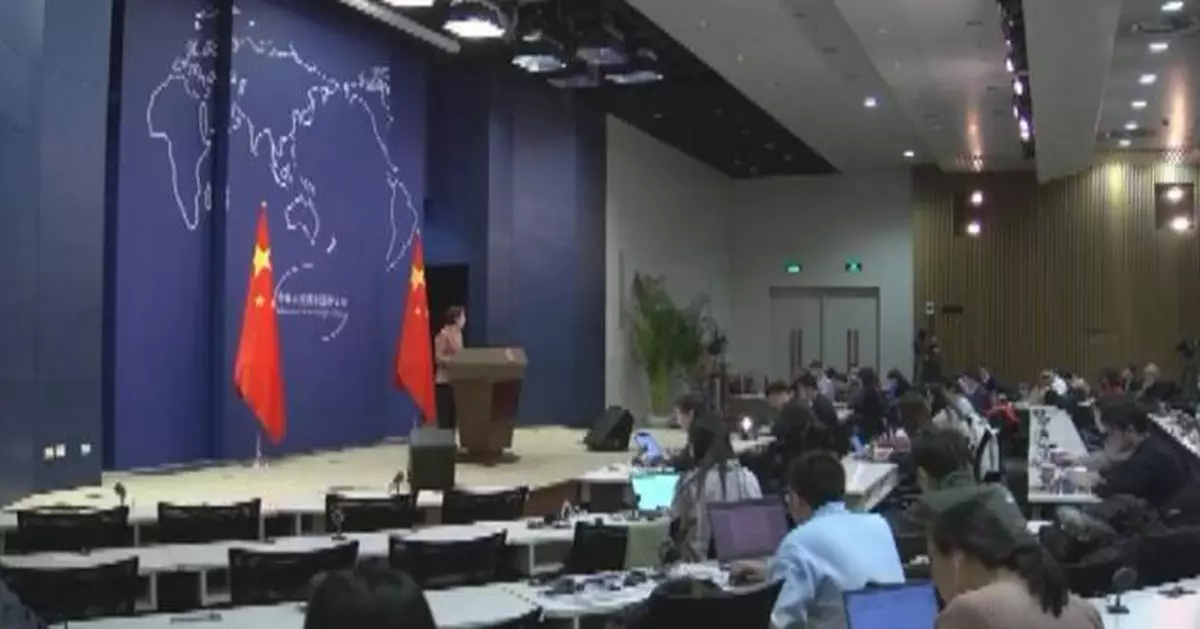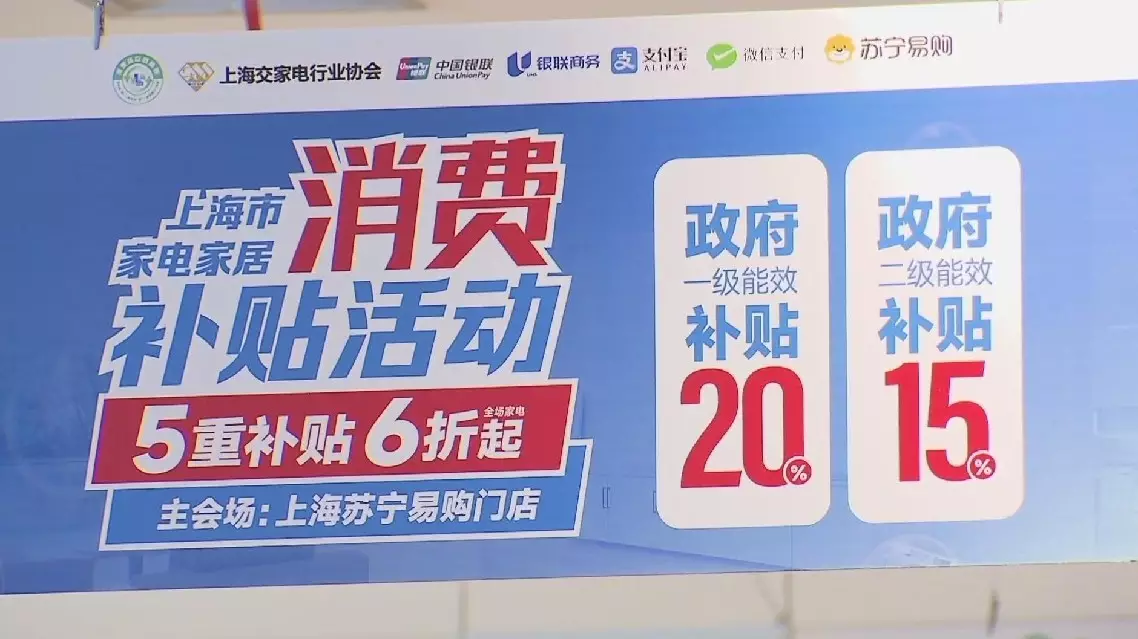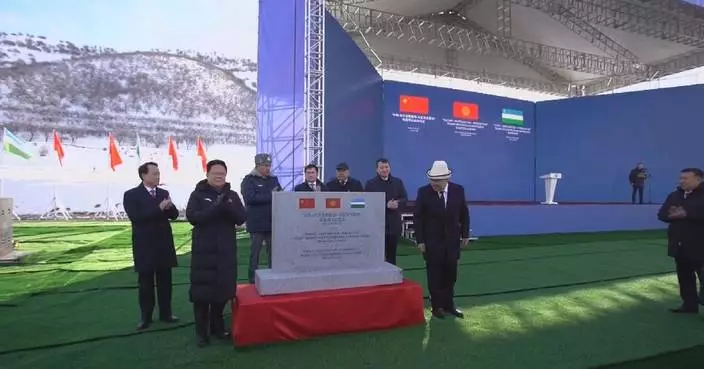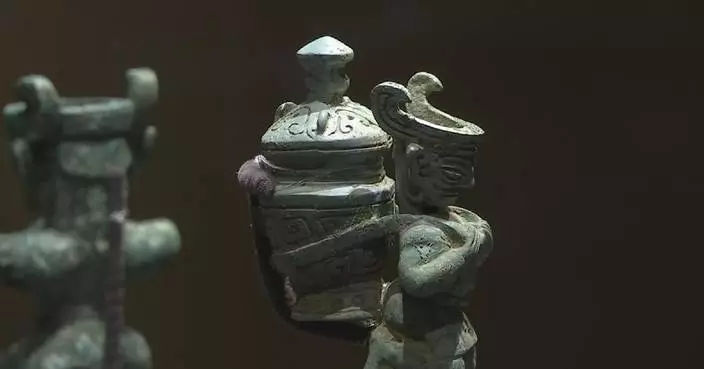What the U.S. has done to assist 'Taiwan independence' by arming the region will only backfire, a Chinese Foreign Ministry spokeswoman said on Friday, when briefing the media on China's decision to take countermeasures against seven U.S. military industry companies and their relevant senior executives for continued U.S. arms sales to Taiwan.
According to a statement posted at the official website of the Chinese Foreign Ministry, the seven U.S. military industry companies are Insitu, Inc., Hudson Technologies Co., Saronic Technologies, Inc., Raytheon Canada, Raytheon Australia, Aerkomm Inc. and Oceaneering International, Inc.
"Recently, the U.S. announced another line of substantial military assistance and arms sales to China's Taiwan region. Its 'National Defense Authorization Act for Fiscal Year 2025' includes multiple negative sections on China. These seriously violate the one-China principle and the three China-U.S. Joint Communiques, interfere in China's internal affairs, and undermine China's sovereignty and territorial integrity. Pursuant to articles the Law of the People's Republic of China on Countering Foreign Sanctions, China hereby decides to take countermeasures against seven U.S. military industry companies and their relevant senior executives," said Mao Ning, the spokeswoman, at a regular press briefing in Beijing.
"'Taiwan independence' leads nowhere. What the U.S. has done to assist 'Taiwan independence' by arming the region will only backfire, and the U.S. will become the victim of its own evil deeds. The China-related contents in the Act are filled with Cold War zero-sum mentality and ideological bias. It distorts the facts to hype up the 'China threat' rhetoric, preaches U.S. military support to Taiwan, finds pretext for increasing U.S. military spending and maintaining U.S. hegemony, which jeopardizes regional peace and stability," Mao said.
"We urge the U.S. to earnestly abide by the one-China principle and the three China-U.S. Joint Communiqués especially the August 17 Communique of 1982, stop arming the Taiwan region in any form, view China's development and China-U.S. relations objectively and rationally, refrain from implementing any negative China-related content of the Act and cease words and deeds that harm China's interests. China will take all measures necessary and act firmly to defend the country's sovereignty and security interests," she said.
The three China-U.S. Joint Communiques, namely the 1972 communique (the Shanghai communique), the 1979 communique on the establishment of diplomatic relations, and the 1982 communique, provide a crucial basis for the development of China-U.S. relations.
In particular, the August 17, 1982 communique focuses on a step-by-step approach with the ultimate aim of resolving the issue of U.S. arms sales to Taiwan. The United States declares that its arms sales to Taiwan would not exceed, either in qualitative or in quantitative terms, the level of those supplied in the years since the establishment of diplomatic relations between the United States and China, and that it intended to reduce gradually its sales of arms to Taiwan, leading over a period of time to a final resolution.
In all three communiques the United States emphasize its acceptance of the one-China principle, which provided political basis for healthy development of China-U.S. relations.
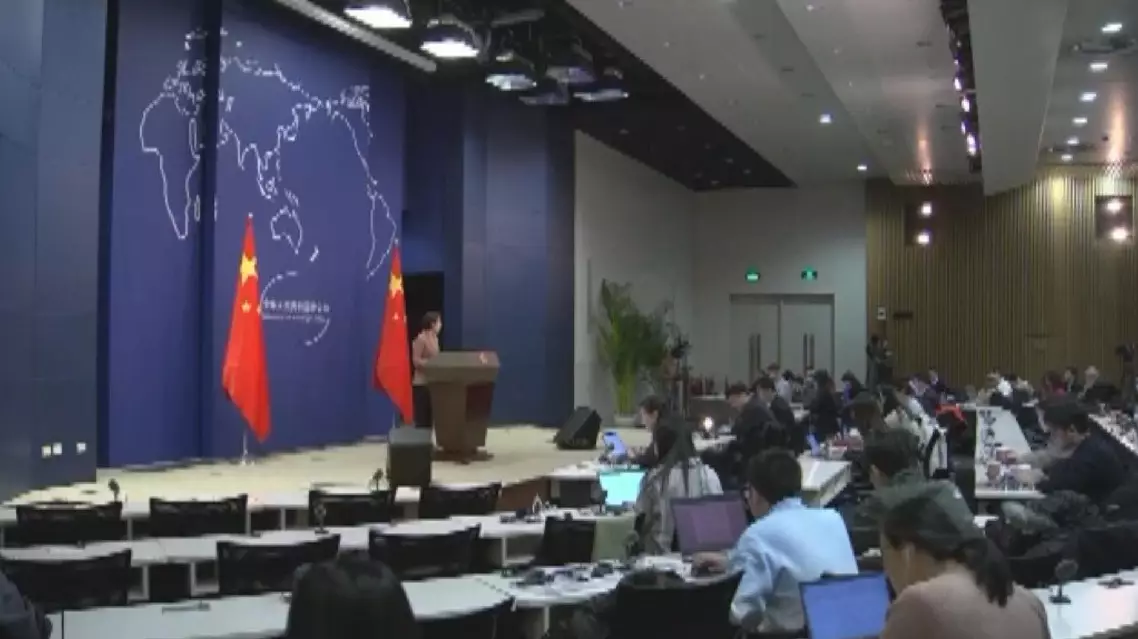
U.S. attempt of arming Taiwan will only backfire: spokeswoman


